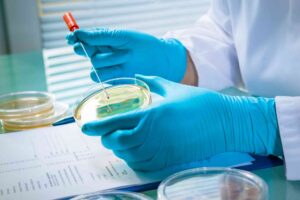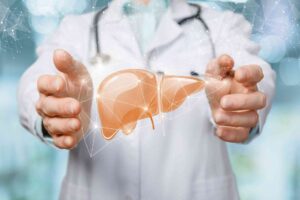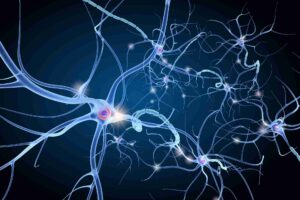Giorgia Guglielmi
Cardiology, Gastroenterology
Researchers have identified 10 species whose abundance was linked to blood levels of TMAO, a metabolite associated with cardiovascular diseases
Scientific research
Researchers have found that cooperation among microbial cells may be one of causes of this drug tolerance.
Endocrinology, Gastroenterology
Repeated fecal microbiota transplants can improve the gut colonization of beneficial microbes in people with obesity and type 2 diabetes.
Scientific research
To elucidate the role of the microbiota in PSC, researchers studied a type of immune cells called mucosal-associated invariant T (MAIT) cells, which are abundant in the liver.
Scientific research
Researchers have found that gut microbes can help frogs to cope with hot temperatures. The findings could pave the way to for new conservation approaches for animals threatened by climate…
Immunology, Neuroscience
The impact of age-induced microbiota alterations facilitates the accumulation of CML metabolite in the microglia of mice and humans.
Immunology, Oncology
Researchers have found that a specific microbial metabolite may boost the efficacy of anticancer therapy in people with TNBC. The findings could inform the development of improved treatments for TNBC.
Oncology, Pediatrics
New research investigates the role of lung microbiota in pediatric patients with lung infection or injury after bone marrow transplantation.
Cardiology
Researchers uncover the gut microbiota changes that happen in the very early stages of heart disease. The microbial and metabolic profiles identified could be used as markers of the transition…
Endocrinology
A recent study investigates the role of the gut microbiota in helping the gallbladder regulate the innate immune response











